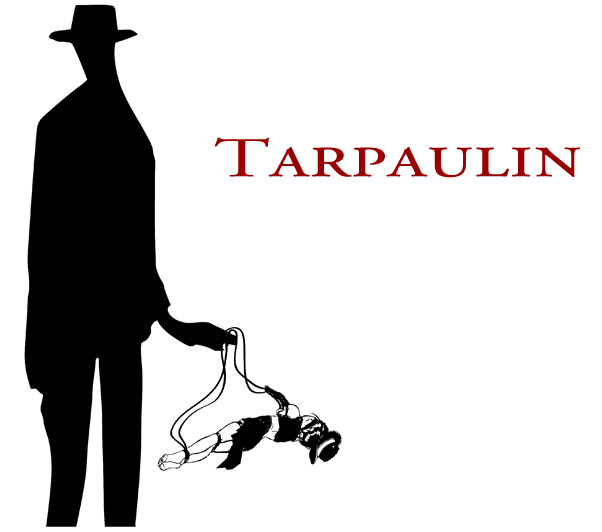
Omnidawn
128 pages (5.5” x 8.5” Paper)
ISBN: 9781890650377
$15.95
Myung Mi Kim’s Penury, like much of her previous work, centres as much, if not more, on silence and the not-said. There is a poverty of language, which is worn with miss-use, like the book on the cover, the pages of which have been torn from their binding, leaving just the boards. Beckett’s Malone says “there is no use indicting words, they are no shoddier than what they peddle”. Yes, yet suspicion of their emptiness comes creeping in, and when they have been the tools of violence, one has difficulty forgetting Celan’s “one hundred years of death-bringing speech”.
As with Celan, Kim writes with an obsessive precision that at times verges on the violent. The silence of the copious white space is broken by speech that is quiet, yet also loud. At this limit of language the word is stretched to its breaking point.
_______mp
_______lm
_______ks
_______nc
_______lk
_______lp
_______nh
_______gy
_______td
_______nc
_______you speak English so well transcript (29)
Kim manifests a paratactic stutter that crystallises, then falls away in humility at language’s inadequacy, an awareness of the lie of omission in every speech-act, of narrative in the face of the vast, heterogeneous sprawl that is humanity’s shared experience. Sometimes there is unspeakable horror, sometimes unutterable beauty. That one can come from the other seems in itself unconscionable, as with the invocation of silence and violent censorship in the cover image, itself cast aesthetically, and with a calm beauty.
It is these contradictory states of muteness or glottal penury and strange beauty that Kim is, against all odds, able to conjure. In a way Kim‘s work is similar to Susan Howe’s tracts of settlement, wilderness and violence. However there is much difference; there is no ghost-of-a-story, or if there once was, it has since been erased. Kim’s language breaks on the point of articulation, falling away:
_____________________
 __salute
__salute__________to brethren
 _ red
_ red__________wash
__________ret_

__________clear burn (8)
As with her previous books, Penury engages with violence and injustice, and the seeming impossibility of action in the face of their vastness, on the level of language – the manifestation of the difficulty of saying becomes the one driving imperative, to the point where either there is no text, only slashes (a wicked pun indeed, 104), or text printed over text (90). While some may take issue with opacity, this is not game-playing, and for those who look there is deep beauty in the seeming turmoil. Penury does what poetry should – it says that which cannot be said any other way, yet which needs saying with a driving urgency.




